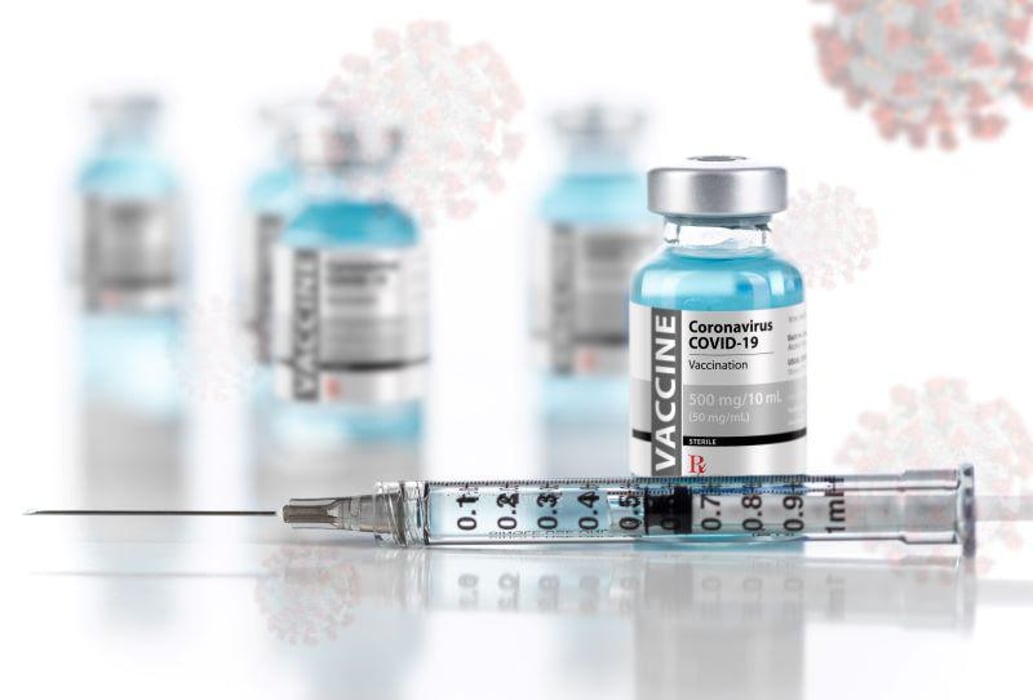FDA OKs Novavax COVID-19 Vaccine as First Booster Shot

THURSDAY, Oct. 20, 2022 (HealthDay News) – On Wednesday, the U.S. Food and Drug Administration approved the Novavax Inc. protein-based vaccine as a first booster dose. Until now, it had only been approved as a two-dose primary series.
"The U.S. now has access to the Novavax COVID-19 Vaccine, adjuvanted, the first protein-based option, as a booster," Novavax President and CEO Stanley Erck said in a news release. "According to CDC data, almost 50 percent of adults who received their primary series have yet to receive their first booster dose. Offering another vaccine choice may help increase COVID-19 booster vaccination rates for these adults."
The Novavax booster could be used by adults who cannot find or are not able to use an mRNA booster from Pfizer or Moderna. It is also available to people who prefer this vaccine for a booster over the mRNA options. The Novavax booster can be given at least six months after the primary series.
The Novavax vaccine uses a more traditional approach to fighting the virus by teaching the immune system to recognize modified fragments of the coronavirus spike protein. Scientists created the vaccine from a genetic sequence of the original strain of the virus.
Public health officials are encouraging people to get their boosters. About 68 percent of U.S. residents have had an initial COVID-19 vaccine series, but only 35.5 percent have received boosters, CDC data show. The Novavax vaccine is one of four options available in the United States now.
Related Posts
Pregnant Women Who Get COVID Vaccine Pass Antibodies to Newborns
WEDNESDAY, Sept. 22, 2021 (HealthDay News) -- One way to help protect newborns...
Home Gym on a Budget
The next time you see one of those expensive, high-tech exercise machines...
¿Tiene el agua del grifo demasiado caliente? Las escaldaduras envían a miles a emergencias cada año
MIÉRCOLES, 8 de marzo de 2023 (HealthDay News) -- El agua de un calentador...
